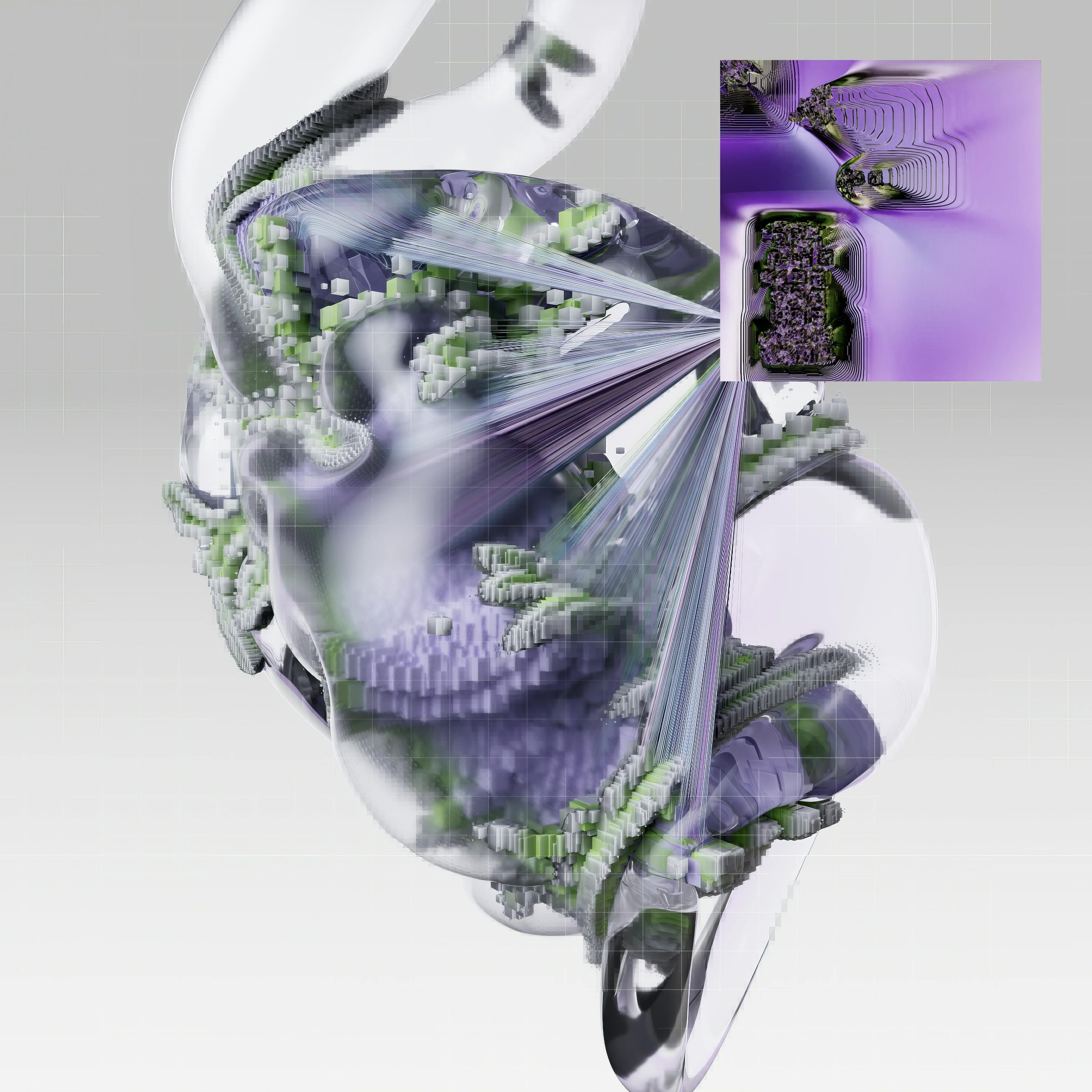AI – The Billionaires’ Latest Obsession to Grow Even Wealthier
The Growing Influence of AI: A Reflection on Power, Profit, and Progress
In today’s rapidly evolving technological landscape, the integration of artificial intelligence and robotics into various industries is often heralded as a step toward progress. However, beneath this veneer lies a deeper narrative driven by economic motives. Major corporations are increasingly replacing human workers with AI and automation—not necessarily to innovate or improve services, but primarily to maximize profits. This trend underscores the relentless pursuit of wealth by the world’s wealthiest individuals and corporations.
Currently, AI systems are heavily reliant on the quality and quantity of data they receive—a concept known as “Garbage In, Garbage Out” (GIGO). Many assume that feeding AI larger datasets will automatically lead to more accurate and efficient outcomes. Unfortunately, this logic falters; flooding these systems with vast amounts of unfiltered information does not eliminate errors or inaccuracies. Instead, it often exacerbates them, leading to flawed results that may go unnoticed.
The notion of AI becoming truly “intelligent” implies a deliberate effort to incorporate the brightest minds in computer science, philosophy, and related fields. Yet, the reality is often different. Much of the current AI development is driven by cost-cutting measures, with projects led by teams focused more on expedience than on groundbreaking innovation. Take, for example, Elon Musk’s project, Grok. While Musk is undoubtedly a prominent figure in the tech industry—part entrepreneur, part visionary—there’s a question as to whether his ventures are the pinnacle of technological advancement or simply clever marketing. Are these developments truly meant to serve future generations, or are they products of hype and profit-driven motives?
It’s important to consider the broader implications of this trend. Decisions made by powerful stakeholders often seem to prioritize immediate gains over long-term societal well-being. This includes political actions—lobbying, legislation, and regulatory loopholes—that facilitate unchecked AI deployment while avoiding oversight. As history shows, economic shifts, like the offshoring of manufacturing jobs, gradually hollowed out the middle class and core industries. A similar pattern could occur on a global scale if artificial intelligence continues to supplant human labor without safeguards or strategic foresight.
Ultimately, the drive for technological dominance and wealth accumulation raises critical questions. Are we building AI systems to truly enhance human life, or merely to enrich a few at the expense of the many? As we navigate this uncharted territory, careful reflection and responsible governance are essential to ensure that technological progress benefits society as a whole—not just the elite.














Post Comment